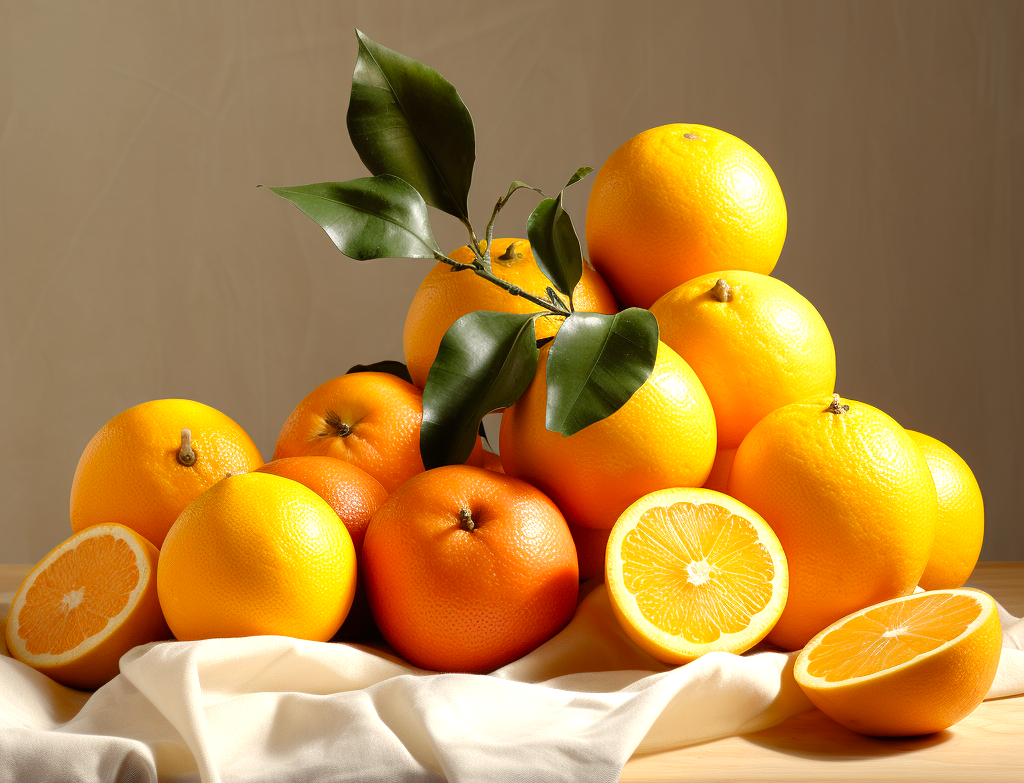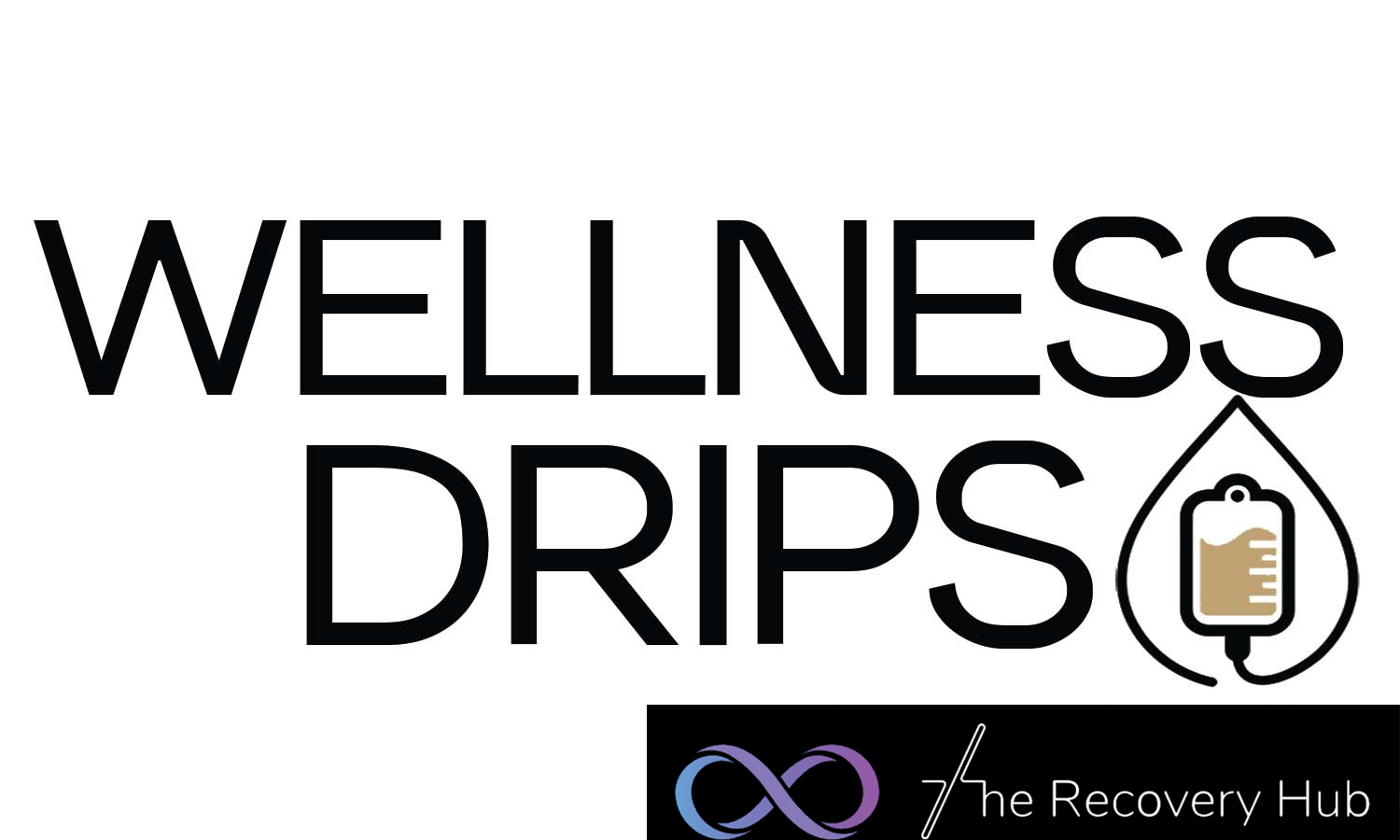
The History of Vitamin C
Most animals make their own vitamin C but humans don’t. This has puzzled scientists for centuries. The mystery started when sailors got sick with scurvy on long sea voyages. We now know vitamin C could have prevented their illness.
Some researchers think our bodies are at a disadvantage because we can’t produce vitamin C. They point to other animals that make huge amounts of it. A typical animal produces what would be 10 to 20 grams per day for a human. That’s way more than the 30 milligrams most people get from food. Wild apes eat about 5 grams of vitamin C daily from plants.
But other experts disagree. They say humans have always eaten both plants and meat. They believe if making vitamin C was important our bodies would still do it today. Some think animals make more vitamin C because their bodies use it up faster than ours. Humans might be better at absorbing and storing small amounts of vitamin C. Why waste energy making it when we can get it from plants? No one knows who’s right. But getting more vitamin C in our diet is probably smart.
What is Vitamin C
Vitamin C is is a water-soluble compound with a structure similar to glucose (a sugar molecule). It works as an antioxidant which means it protects our cells from damage. Think of it as a shield against harmful molecules called free radicals.
Your body needs vitamin C to build collagen. Collagen is like the glue that holds your body together. It’s in your skin tendons cartilage and other connective tissues. Without enough vitamin C wounds don’t heal well and your body has trouble making strong tissue.
Your adrenal glands also need vitamin C. These glands sit on top of your kidneys and make important hormones. Vitamin C helps them deal with stress. It also helps create norepinephrine. That’s a brain chemical that affects your mood and energy.
Vitamin C in Food
Want to get more iron from your food? Vitamin C can help. It makes it easier for your body to absorb iron from plant foods. If you take iron supplements try taking them with vitamin C. Adding 100 to 200 milligrams of vitamin C can boost iron absorption by 30 to 40 percent.
Vitamin C does other important jobs too. It helps your body:
* Turn folic acid into a form it can use
* Break down cholesterol in your blood
* Fight off infections
Your white blood cells contain lots of vitamin C. Saturating your white blood cells with Vitamin C helps strengthen them providing a more robust immune system. These white cells are like your body’s arm,. they attack and destroy bacteria that make you sick. When you don’t get enough vitamin C your immune system gets weaker. You’re more likely to catch viruses and bacterial infections.
Vitamin C also helps make interferon. That’s a protein that fights viruses. Plus it helps your body create enzymes that break down foreign substances. These enzymes help process medications and chemicals that enter your body.
We’ve learned a lot about vitamin C since those early sailors got sick with scurvy. But scientists are still discovering new things about how it works in our bodies. One thing is clear: vitamin C plays many important roles in keeping us healthy.
Getting enough vitamin C from food or supplements is important. Most fruits and vegetables contain vitamin C. Good sources include citrus fruits strawberries bell peppers broccoli and potatoes. Since your body can’t make or store large amounts of vitamin C you need to get it regularly from your diet.
Your body also uses vitamin C to protect your brain cells. Recent studies show it helps keep your mind sharp as you age. Athletes need extra vitamin C because exercise creates more free radicals in their bodies. Smokers also need more vitamin C than non-smokers. The smoke from cigarettes damages cells and vitamin C helps repair this damage.
Not getting enough vitamin C can make you feel tired and weak. Your gums might bleed easily. Your joints might hurt. But it’s rare to see severe vitamin C deficiency today because many foods contain this important vitamin.
The debate about why humans don’t make vitamin C continues. But while scientists figure that out we can focus on eating plenty of vitamin C-rich foods. It’s an easy way to support your body’s health.
Vitamin C IV Drips
With modern techniques such as vitamin IV infusion directly into your blood stream, you can get access to the vitamins you need immediately. IV vitamin drips are one way of getting your vitamin C quickly and efficiently to get the results you need. Nutrients are delivered straight to the bloodstream, ensuring 100% absorption. This is particularly helpful for individuals with digestive issues (e.g., malabsorption or Crohn’s disease) or for those unable to take oral supplements.
Contact us today if you would like to try one of our vitamin C IV Drips.
